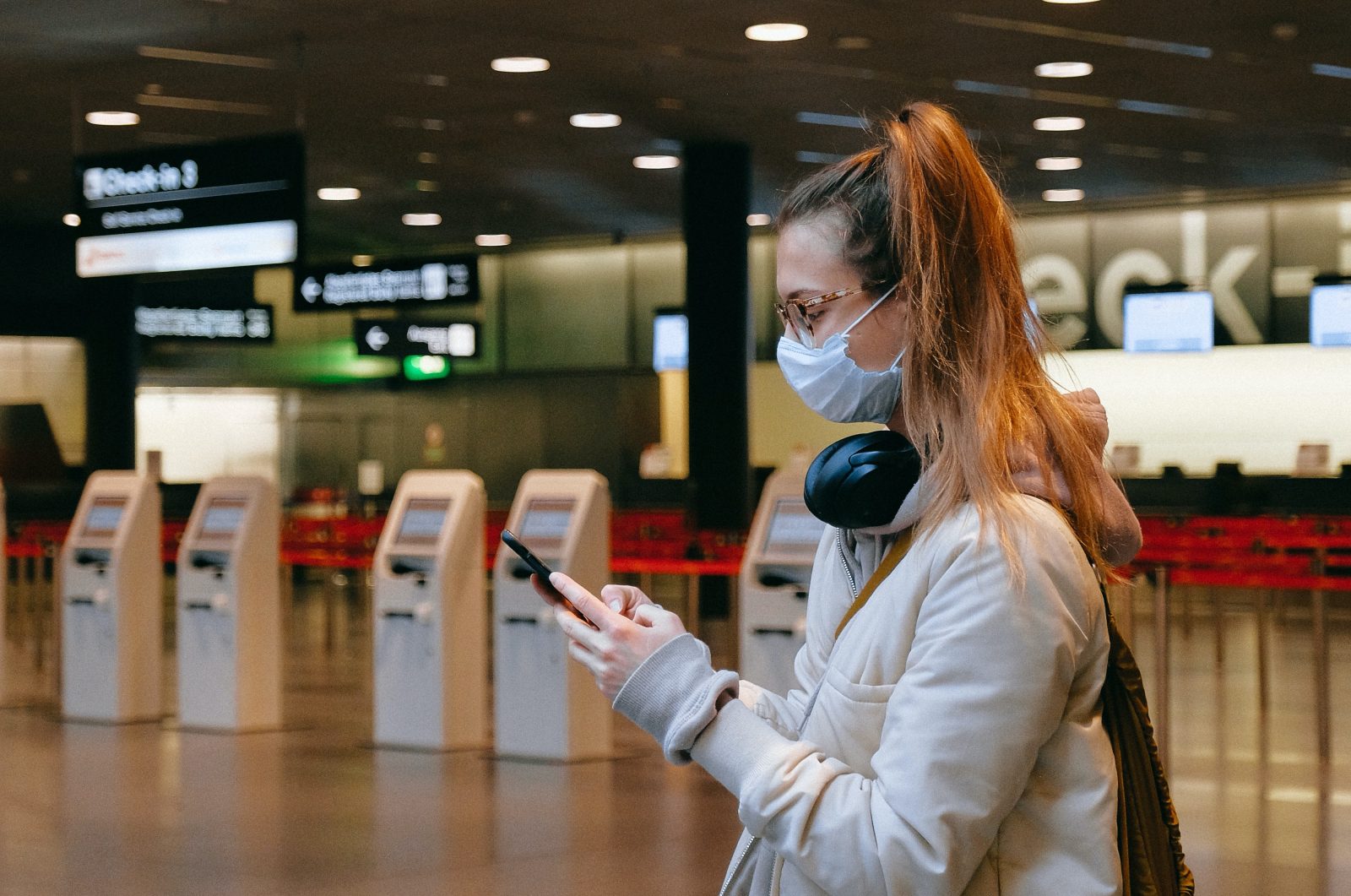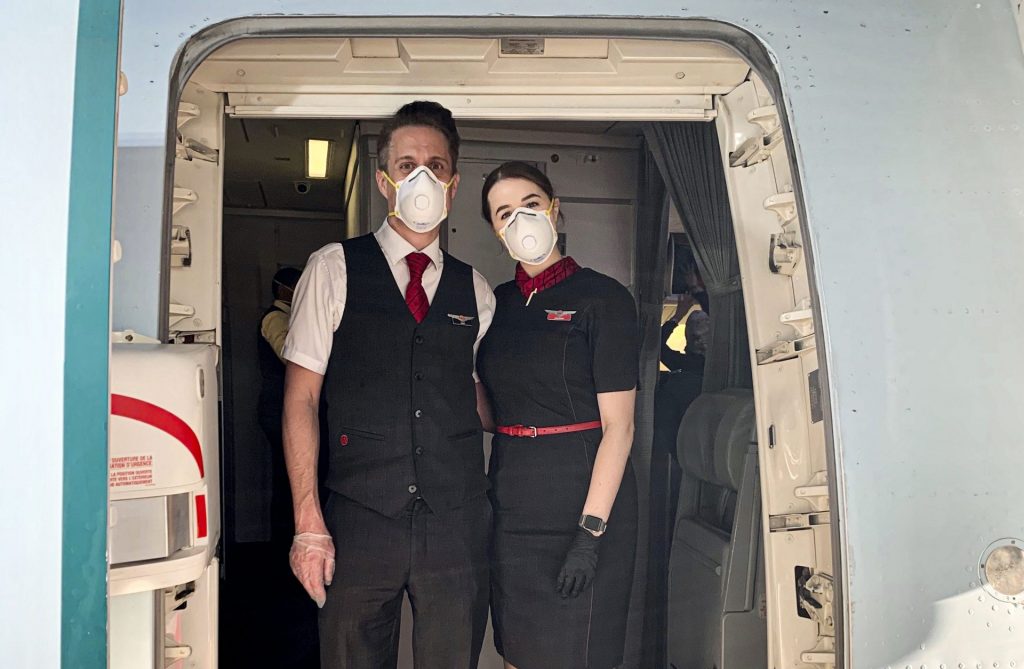
The Canadian Minister of Transport announced plans on Friday to require transport users in the country to wear masks or a face covering whenever they are at an airport, on a plane or on other public transport in an attempt to prevent transmission of the novel Coronavirus. The move follows similar initiatives from other countries where mask wearing is now mandatory either whenever someone leaves their home or is in a crowded place.
Despite the World Health Organisation (WHO) maintaining that face masks should only be worn by healthcare professionals or those either displaying symptoms of COVID-19 or looking after someone with symptoms, many countries have now decided that face masks could play a role in fighting the virus.

While the evidence of face masks actually protecting the wearer is still shaky, health authorities believe mask wearers reduce the risk of passing on the virus if they have it themselves. As COVID-19 has an incubation period of up to 14-days, asymptomatic sufferers could be passing on the virus without knowing it.
“If you need to travel, wearing a face-covering is an additional measure you can take to protect others around you, especially in situations where physical distancing guidelines cannot be maintained,” explained Marc Garneau about the decision imposed by Transport Canada.
Rather than encouraging the use of surgical and N95 masks which are in high demand in clinical settings, Transport Canada is asking its citizens to wear a non-medical mask or face covering over the mouth and nose. Similar advice has already been issued by the Centers for Disease Control and Prevention (CDC) in the United States.
Air passengers will be required to wear the masks at various touchpoints:
- Airport security checkpoints where social distancing isn’t possible
- Whenever social distancing isn’t possible – like on a busy flight
- As directed by airline employees or public health officials
The new rules acknowledge that it might not be possible to wear masks all the time but that they should be worn as much as possible and whenever directed. Airlines are likely to refuse transport of anyone who can’t prove they have a mask or face covering with them.
Italian flag carrier Alitalia was one of the first airlines to make mask wearing mandatory after COVID-19 ravaged the country, while other airlines including Emirates also now require passengers to have a mask.
Several days ago, the Canadian Union of Public Employees (CUPE) accused the federal government of being “complicit” in airline negligence to properly protect their staff. The union claims Canadian airlines have failed to provide adequate Personal Protective Equipment (PPE) to flight attendants, resulting in at least 60 confirmed COVID-19 cases amongst its members.
Mateusz Maszczynski honed his skills as an international flight attendant at the most prominent airline in the Middle East and has been flying ever since... most recently for a well known European airline. Matt is passionate about the aviation industry and has become an expert in passenger experience and human-centric stories. Always keeping an ear close to the ground, Matt's industry insights, analysis and news coverage is frequently relied upon by some of the biggest names in journalism.







